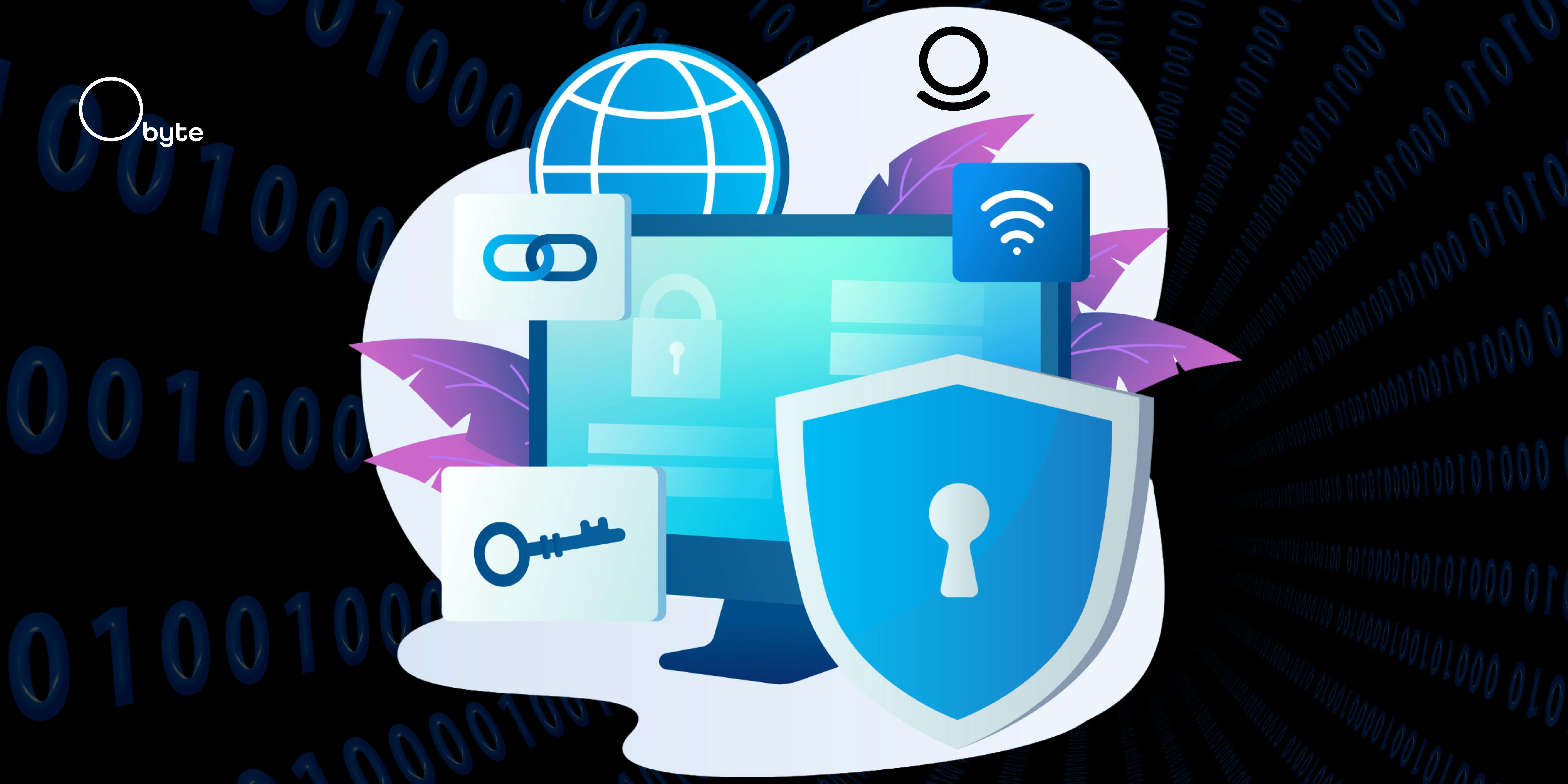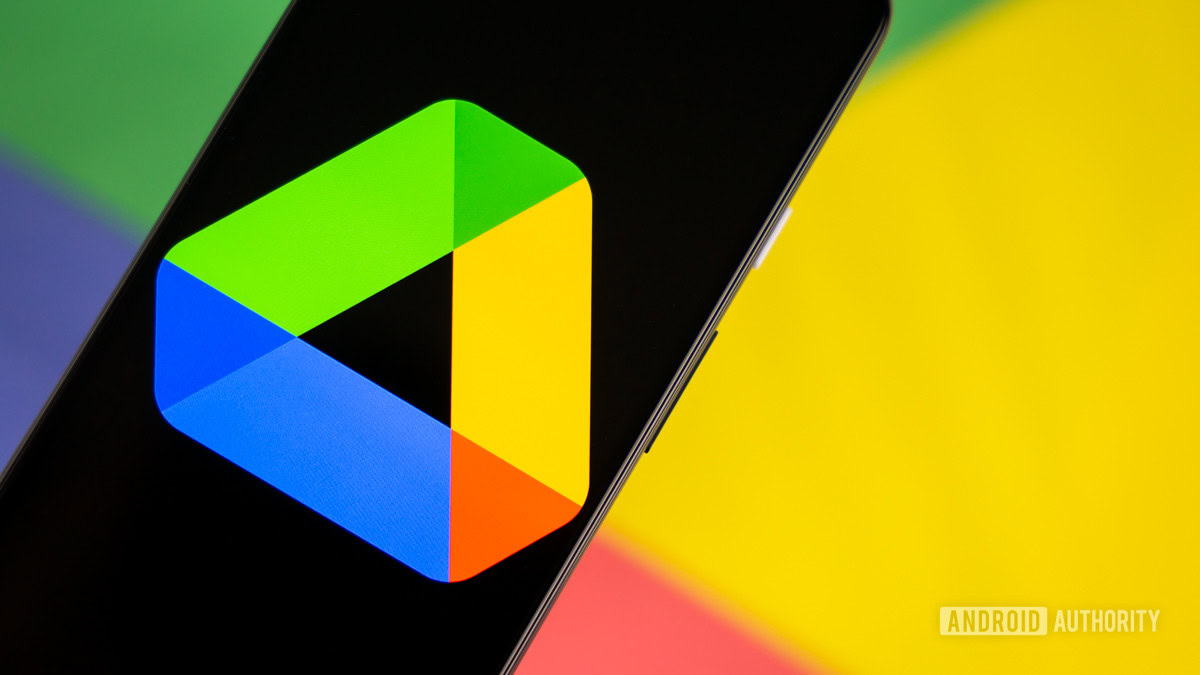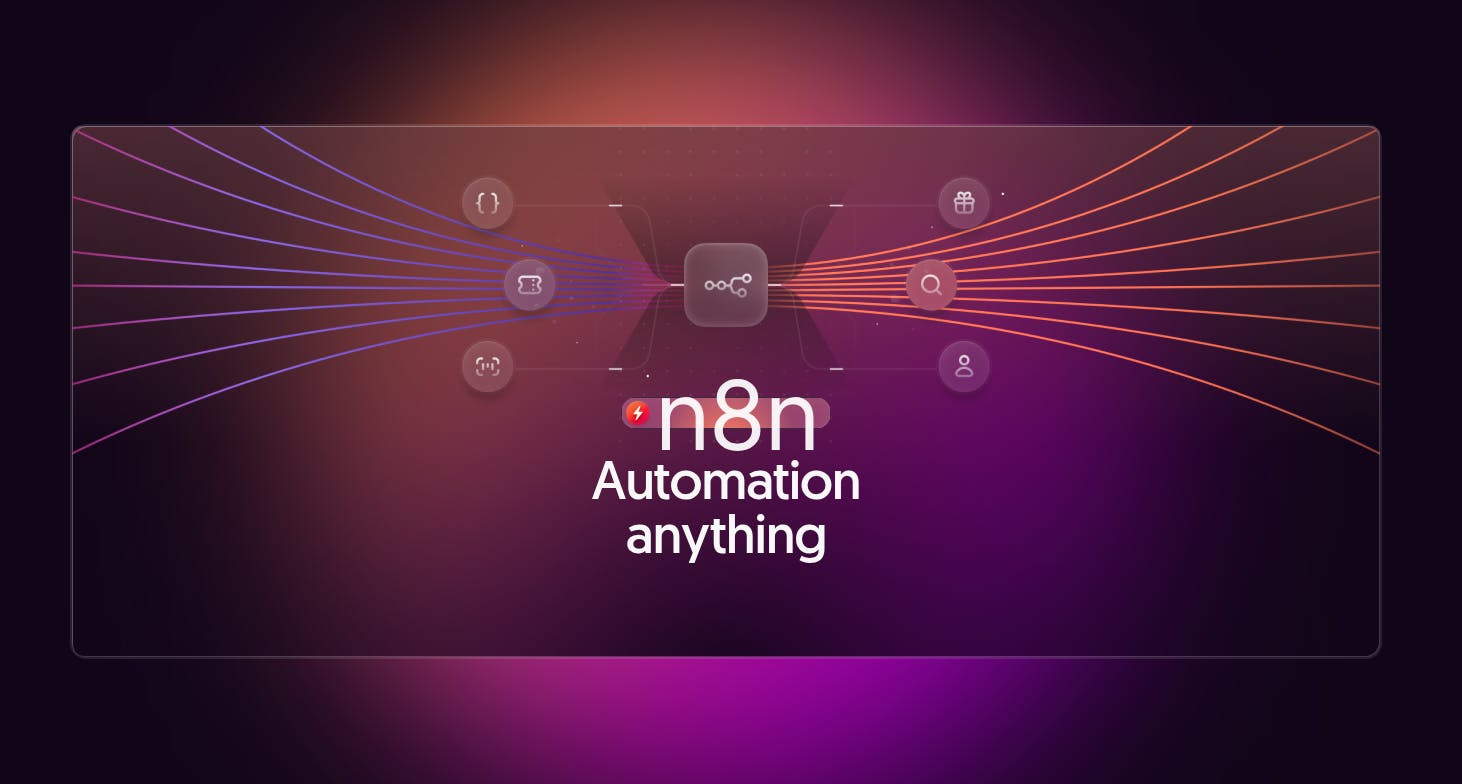In today’s digital age, protecting and encrypting personal data has become essential to safeguarding privacy and security. With the increasing prevalence of cyber threats, such as hacking, identity theft, and unauthorized surveillance, sensitive information like financial details, passwords, and private communications can easily fall into the wrong hands.
Encryption acts as a powerful shield, transforming data into unreadable code that can only be accessed by authorized parties with the correct decryption key. This ensures that even if data is intercepted, it remains secure and confidential. Fortunately, there are numerous open-source and free software tools available that make it easy for anyone to protect their data without compromising on quality or security –unless users decide so.
We’ll explore a list of such tools to help you take control of your digital privacy. Before that, though, remember that you can donate cryptocurrency to their developers on GitHub via
VeraCrypt
VeraCrypt is an encryption software designed to secure data on Windows, macOS, and Linux. It was developed by the French developer group IDRIX and launched in 2013 as a successor to the discontinued TrueCrypt project. This tool allows users to create encrypted virtual disks, protect entire storage devices, and even secure system partitions with pre-boot authentication. By improving upon the vulnerabilities found in TrueCrypt, VeraCrypt provides enhanced security for those who need strong protection for sensitive files.
To keep data safe,
This software is primarily funded through user donations and contributions from the open-source community. Organizations like the Open-Source Technology Improvement Fund (OSTIF) and the German Federal Office for Information Security (BSI) have also supported security audits to verify their reliability. Independent developers contribute by fixing bugs, improving security, and maintaining compatibility with modern hardware and operating systems. If you want to send cryptocurrency to them, you can
BleachBit
Sometimes, the best path to keep privacy is a complete digital deletion. In this sense, BleachBit is designed to help users clean up disk space and protect their privacy by securely erasing unwanted files. First released in 2008 by Andrew Ziem, it was initially built for Linux before expanding to Windows. The program is best known for deleting unnecessary data such as cache files, logs, and browsing history, ensuring that sensitive information doesn’t linger on a device.
As with most open-source pieces, this one is mostly supported through community contributions. Users support the project by translating the interface into multiple languages, testing new features, and submitting code improvements. They can also donate via credit card, PayPal, or cryptocurrencies. In the latter case, you can find this software
Magic Wormhole
Created by Brian Warner and introduced in 2016, this is a tool designed to help users securely transfer files, directories, and short text snippets between computers. It simplifies the process by using short, human-readable codes that both the sender and receiver must enter to establish a direct connection. Unlike traditional methods that require accounts, prior arrangements, or third-party storage,
This software is built on cryptographic principles, particularly the SPAKE2 algorithm, which enables secure password-authenticated key exchanges. By leveraging a “Mailbox Server” for initial coordination and a “Transit Relay” for fallback connections, it allows even devices without direct network visibility to communicate safely. The primary use cases include sharing files without exposing them to cloud storage risks, transferring passwords securely over a call, or sending SSH keys without prior setup. Since the generated codes are single-use and ephemeral, the risk of interception is significantly reduced.
Funding and support for Magic Wormhole have primarily come from independent contributors. While there are public relay servers available, users and organizations can also host their own for greater control. The community-driven development continues to refine and expand its capabilities, ensuring it remains a valuable tool for privacy-conscious users. You can use
USBKill
In 2013, Ross Ulbricht, the founder of Silk Road,
At its core, this software continuously monitors USB ports for unexpected connections. If an unapproved device is plugged in, it can instantly trigger a range of security measures—shutting down the computer, erasing data from memory, or even encrypting the hard drive. Users can whitelist specific devices to avoid accidental triggers. Beyond law enforcement scenarios,
Being an open-source project hosted on GitHub, USBKill relies on community contributions rather than traditional funding. Security-conscious developers and privacy advocates support it by reporting issues, improving code, and sharing modifications. Kivach is another option to support their developers by donating some cryptocurrencies. The repository appears as
Bitmessage
Beyond traditional files, your private messages are also worth protecting, and Bitmessage was created for that purpose. This is a decentralized messaging platform launched in 2012 by Jonathan Warren. Inspired by Bitcoin’s decentralized structure, it focuses on secure, private communication rather than financial transactions, and operates on a peer-to-peer (P2P) network —making it resistant to surveillance and censorship. By eliminating the need for trusted intermediaries, it ensures that messages can be securely exchanged without revealing the sender’s or recipient’s identity.
Bitmessage operates under the MIT license, allowing anyone to check, improve, or modify the code. Enthusiasts contribute via GitHub, discussing new features and security improvements. Its repository is available as
Donate with Kivach!
Donating cryptocurrencies to GitHub projects through
Even if a developer hasn’t set up a donation system beforehand, they can still receive funds by claiming them later. To donate, you first need an
Since developers must use an Obyte wallet to withdraw their funds, it’s helpful to notify them about your donation. This ensures they can claim their earnings and potentially pass a portion forward to other projects. By using Kivach, you’re not just supporting a single developer—you’re fueling an entire network of innovation and collaboration in open-source software!
You can also check our previous lists in this series:
Featured Vector Image by
















